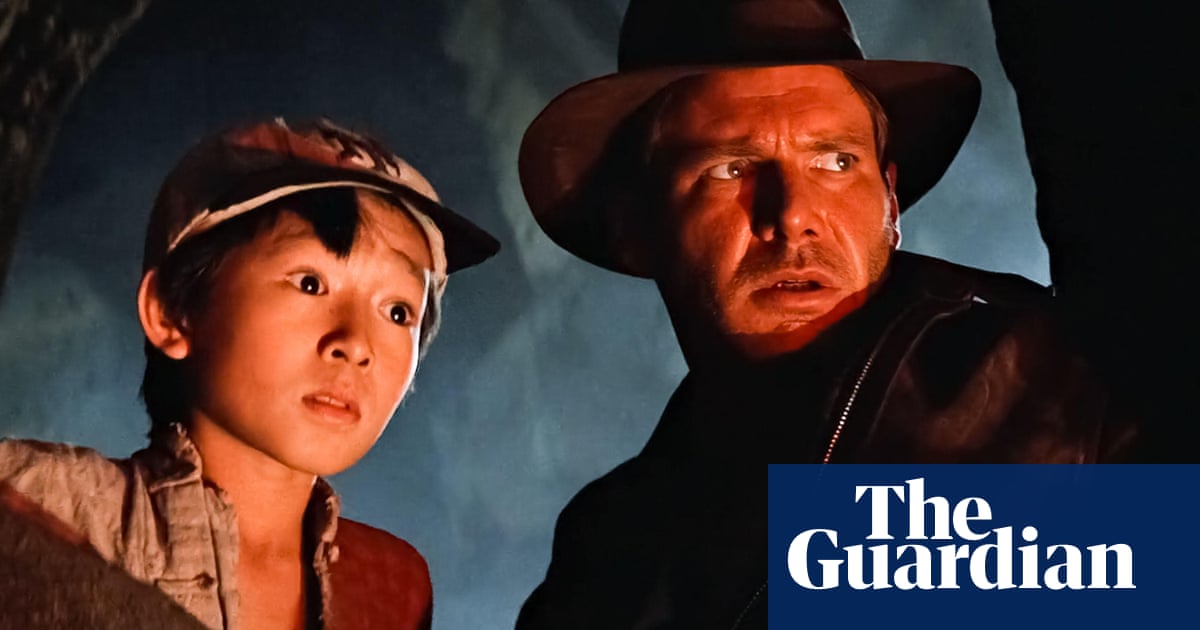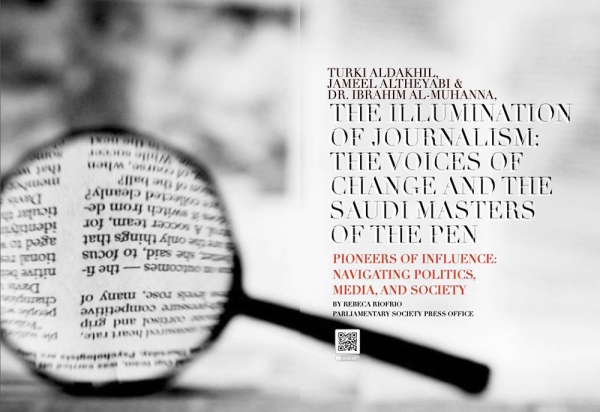
The first time we see William Hurt in Body Heat, he’s standing naked with his back to the camera, glistening in post-coital sweat and staring out at a burning building – which, in the seedy world of south Florida real estate, counts as a business transaction. His latest conquest acknowledges his lack of interest in her after sex (“You’re watching the fire,” she says. “You’re done with me.”), but she doesn’t seem put out by it. Like the audience, she’s enjoying the view.
The next time we see William Hurt in Body Heat, he’s working his day job as a lawyer and doing it poorly. The judge has summoned his Ned Racine to the bench along with his opposing counsel (and buddy) Peter (Ted Danson), and wants to make his disrespect for Ned absolutely clear before offering him an opportunity to take a generous plea bargain. Next time Ned appears before his court, the judge hopes he “has either a better defense or a better class of client”.
Not long after Ned meets Matty Walker, a sultry femme fatale played by Kathleen Turner, she sums him up succinctly: “You’re not too smart,” she says. “I like that in a man.” She’s found her mark.
Nearly 40 years after Barbara Stanwyck established herself in Fred MacMurray’s ho-hum insurance man in the noir classic Double Indemnity, writer-director Lawrence Kasdan was looking for ways to modernize the genre without losing its essential cynicism, duplicity and ripe stylization. And those first two scenes with Hurt suggest a large part of the answer: not only will the sex be explicit, but men can be objects of desire, too, equal partners in the collaborative arts of crime and lovemaking. Sex would not be the ellipses between when MacMurray watches Stanwyck descending the stairs and when they carry out a scheme to kill her husband for the insurance money. We would see the Fred MacMurray character naked, and he would not look at all like Fred MacMurray.
Now 40 years later still, Body Heat feels uncannily suited to update noir for the 80s, with its emphasis on insatiable greed and vanity, and an adults-only steaminess that carried over into later thrillers like The Bedroom Window, Angel Heart, Fatal Attraction and Sea of Love. It was also the rare attempt, along with Richard Gere in American Gigolo the year before, to make men into explicit on-screen sex symbols, even though Body Heat is more vividly remembered for Turner’s buttoned-down white blouses and unbridled aggression as a pleasure-seeker. The love scenes in the film would seem comically ludicrous if Kasdan’s actors weren’t so committed to taking their chemistry to wild extremes.
Save for a few tweaks here and there – Ned is a lawyer instead of a salesman, the rich husband is targeted for his will instead of a life insurance clause – Body Heat follows the Double Indemnity template closely, including Kasdan’s surprisingly excellent attempt to mimic Billy Wilder’s double entendre-filled banter. Out on his usual nightly prowl, Ned is thunderstruck by Matty, who has an air of mystery and sophistication about her that stands apart from his procession of one-night stands. From Matty’s perspective, he’s a fish on the line, a dupe who suits her needs both in the bedroom and in a plot to kill her wealthy husband (Richard Crenna), who pays out much better in death than divorce. He’s the only obstacle standing between Ned, Matty and the free, prosperous and sexually acrobatic life they wish to have together.
In order for Body Heat to work, Kasdan has to make Ned’s attraction to Matty so complete that he’s willing to stifle the side of him that knows what they’re doing is reckless and morally abhorrent. Ned isn’t a killer, for one, and he’s done enough shady business as a lawyer to know which crimes are feasible and which are harder to pull off. So Kasdan spends the first part of the film raising the temperature – through the florid dialogue and chemistry between his stars, through the Pavlovian quality of the wind chimes on Matty’s balcony, and, finally, through a cat-and-mouse game that gets so intense that Ned throws a chair through Matty’s window to get to her. And somehow, it seems appropriate to the moment.
Ned surely realizes that Matty is not to be trusted. She wants them to kill her husband for money, and even has the shamelessness to ask him to alter the will at the last minute to give her more favorable terms. Much like MacMurray in Double Indemnity, though, he’s remarkably passive about the murder, to the point where he says “We’re going to kill your husband” with an air of inevitability. He seems to know with a 99% certainty that he’s the mark, but he’s holding out for the 1% chance that it’s going to work out exactly as Matty promises and that he can chase that feeling for the rest of his life.
Few debut performances in film history have had the seismic impact of Turner’s in Body Heat, which is not only sexy, but has a cutting humor and up-for-anything quality that would pay dividends in 80s films like Romancing the Stone, Prizzi’s Honor, Peggy Sue Got Married and The War of the Roses. And there’s more to Hurt’s character than mere dope, just as there would be in Broadcast News, where he would again play a shallow hunk with flexible morality. The one important difference between MacMurray’s character in Double Indemnity and Hurt’s character here is that Ned knows what he and his lover are doing is wrong and demands that they be honest about it. “A man is going to die for no reason but we want him dead,” says Ned. “He doesn’t deserve it.”
There’s one more difference, too: it was expected for scheming lovers to get caught in the 1940s. In the 1980s, a certain type of person could get away with murder.












